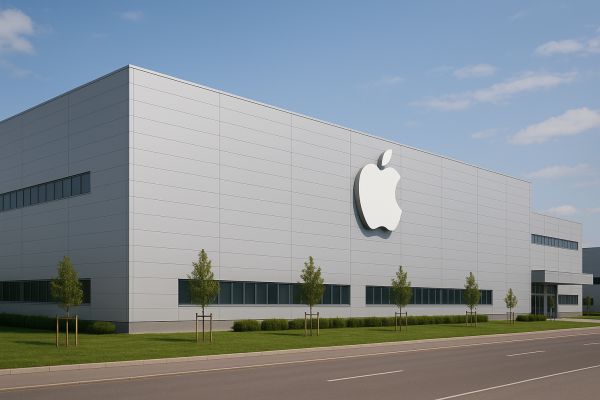With Trump's tariffs, Apple appears to be facing increasing problems. One reason is that, besides the tariffs—which have hit Apple's shares hard—there are internal conflicts, especially in the division responsible for AI integration. Tripp Mickle, a journalist for The New York Times, reports that Apple has not been able to produce any new innovations lately. Although this may not be entirely true—since, after much debate, the company finally managed to launch Apple Intelligence—there is no doubt that it is lagging behind its competitors in the field of artificial intelligence.
Recently, there have been mixed reports about Siri. Some say that its development might be delayed until next year. With Siri 2.0, the company expects the phone’s interface to be completely redesigned. The new version is expected to understand what is shown on the user’s screen, allowing for greater task automation. Users will be able to use voice commands to edit or forward images. Although this feature was originally planned for spring, it is now expected to be released at the earliest in autumn. However, this target date still matches the timeline described by NVIDIA CEO Jensen Huang. According to him, we are currently in the Agentic AI phase; thus, the first, likely basic, AI agents are expected to appear within the next year or two. In this sense, Apple is not too far behind.
If we also consider the competitors, we see that Google also plans to replace Google Assistant with Gemini by the end of the year. Some manufacturers, such as Samsung, are already using their own developments to give Android an advantage over iOS. Samsung’s features are available in the S25 series, and the company can already perform tasks that iOS is still planning to offer.
Amazon is still testing Alexa+, although it is already available to some users, placing it ahead of Siri. Alexa+ also promises powerful agentic capabilities, as voice commands will be able to control the entire smart home ecosystem without special prompts.
In summary, while Apple is not severely behind with Siri 2.0, it must offer significant improvements by early next year at the latest. This is necessary to ensure that choosing the Apple ecosystem remains attractive for those who consider artificial intelligence a top priority over competitors. To achieve this, the company will definitely need to resolve its internal conflicts.



























